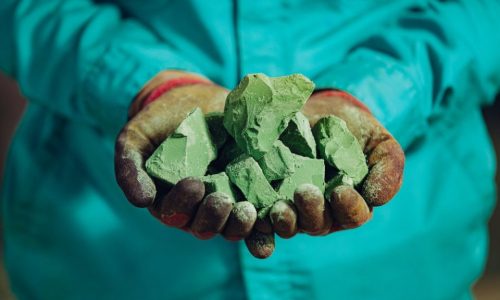The Association of Indonesian Furniture and Handicraft Industries (HIMKI) has forged a strategic alliance with a leading Chinese manufacturer specializing in Woodworking Machinery and advanced technology hardware.
This collaboration aims to elevate the international competitiveness of Indonesia’s furniture and handicraft industry.
Abdul Sobur, HIMKI’s Chairman, disclosed that productive meetings and partnerships have been established with key Chinese entities during a visit to the Shunde District, Foshan City, China, from December 9 to 12, 2023. Notable collaborators include CNMFA (China National Forestry Machinery Association), Shunde Hardware Association, and Lunjiao Woodworking Machinery.
Abdul Sobur highlighted China’s extensive expertise in managing forest products across the entire value chain, from logging to wood processing and the production of finished goods, including furniture and home decorations.
Sobur acknowledged China’s position as the world’s largest furniture exporter, surpassing USD 70 billion in export values, despite having less wood resources compared to Indonesia.
Collaboration to improve HIMKI members
The collaboration with CNFMA focuses on leveraging China’s adept management and technology in the forest product management industry, covering both upstream and downstream processes.
Meanwhile, discussions with Shunde Hardware Association aim to establish cooperation in providing hardware and accessories to fulfill the requirements of HIMKI members’ industries.
Maskur Zaenuri, HIMKI’s Secretary-General, elaborated on the delegation’s visit to the 23rd China Shunde (Lunjiao) International Woodworking Machinery and Furniture Raw and Auxiliary Material Expo.
He emphasized the benefits of collaboration with Chinese counterparts, highlighting increased production efficiency and precision, crucial elements in addressing contemporary production challenges within the furniture industry.
Machine technology plays pivotal role in furniture design and industry
Zaenuri underscored the pivotal role of machine technology in expanding the possibilities of furniture design.
Modern machines, equipped with advanced capabilities, enable designers to experiment with new materials, shapes, and construction methods, pushing the boundaries of traditional skills and fostering innovation in furniture design.
Furthermore, machine technology contributes significantly to sustainability in the furniture and handicraft industry by optimizing material usage and reducing waste.
It has revolutionized the industry, enabling mass production, improving efficiency and precision, fostering innovation and customization, and aligning with sustainability efforts.
Maskur Zaenuri emphasized the potential for Indonesia’s furniture and handicraft industry to capture a larger share of the global market, given abundant raw material support and distinctive, high-quality craftsmanship.
He stressed the importance of sustained government support to facilitate the industry’s adoption of the latest machine technology, including financial assistance, favorable credit terms, and the development of advanced domestic machine technology industries.









